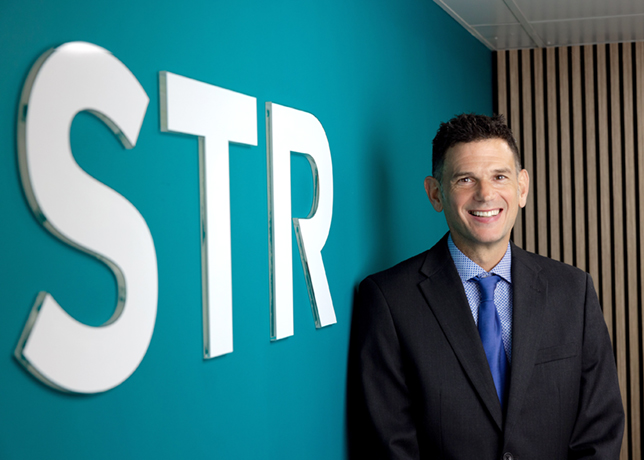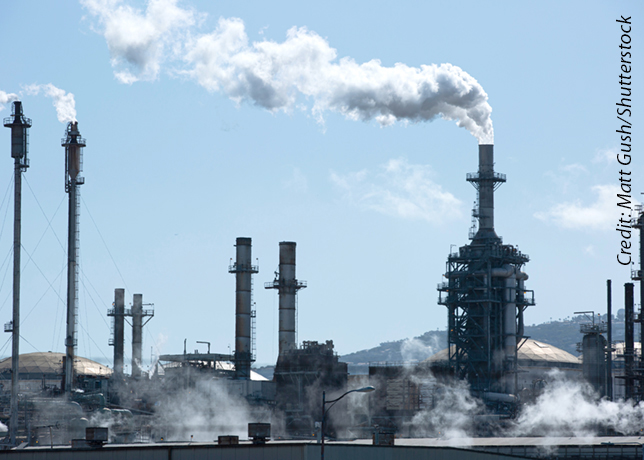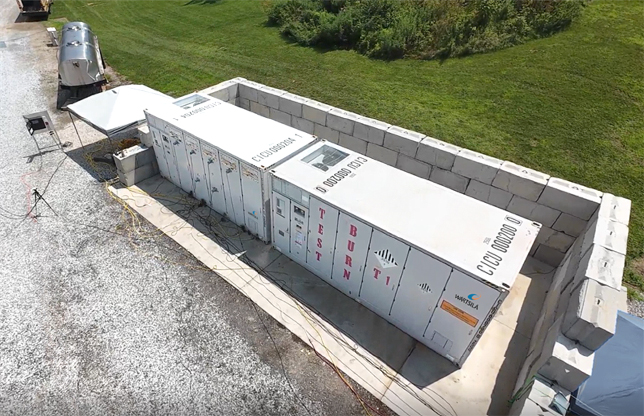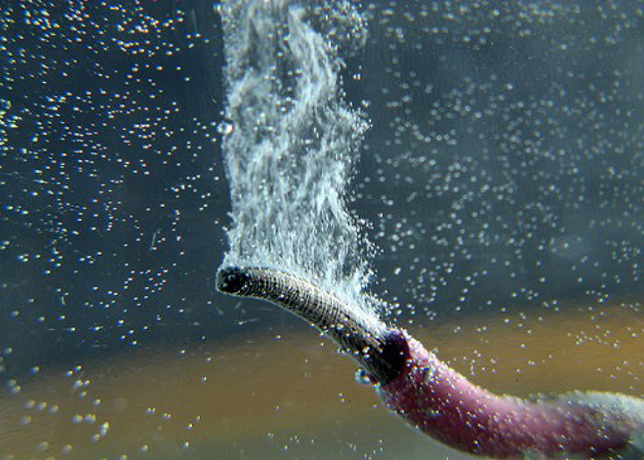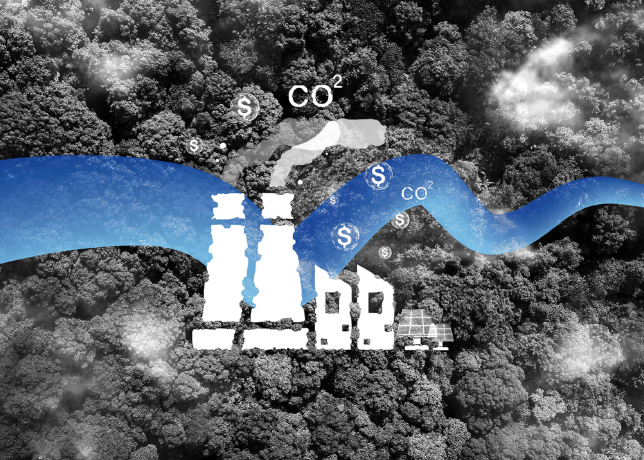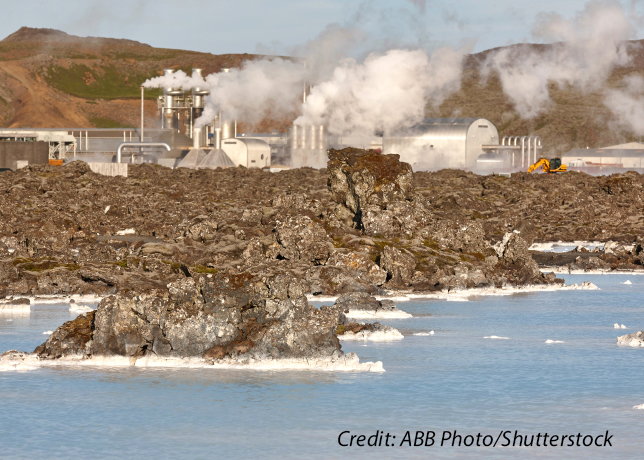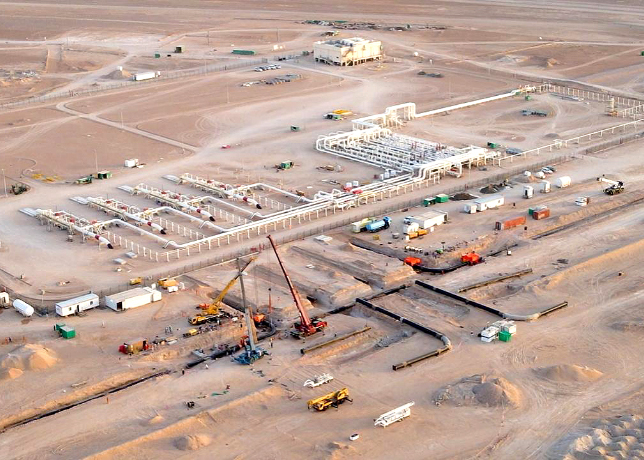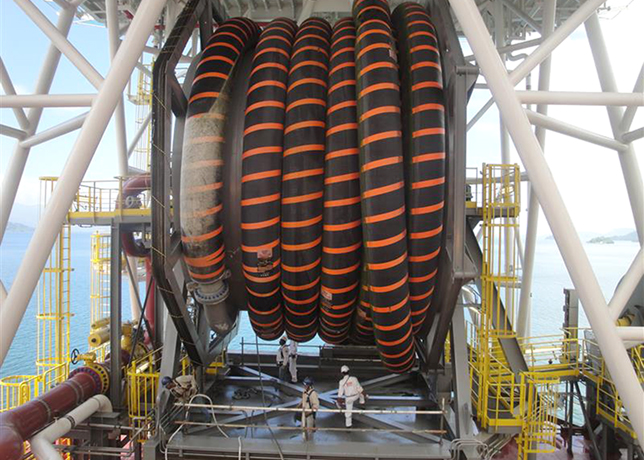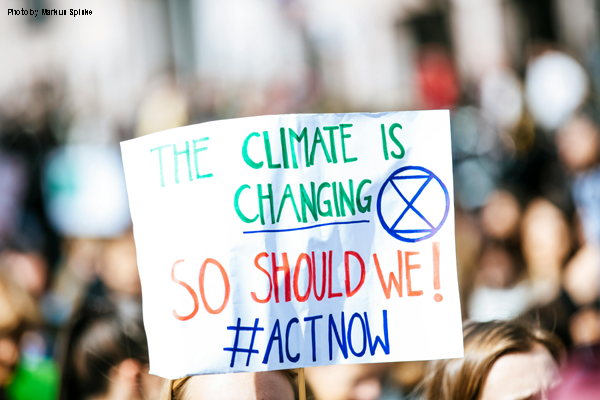
Two very different decisions, one in Oxford, the other in Washington, are raising alarm over the shrinking space for open climate debate.
The Reuters Institute for the Study of Journalism (RISJ) has confirmed it will close its Oxford Climate Journalism Network (OCJN), an ambitious initiative launched in 2022 to improve the quality and reach of climate coverage, Check Climate reported.
At the same time, US President Donald Trump has stepped up efforts to downplay climate science, dismissing global warming as a “con job” and reportedly restricting the use of key terms across federal agencies.
Both developments highlight a troubling trend: the erosion of trusted platforms for climate knowledge and reporting, with consequences far beyond the institutions themselves.
Oxford shutters global journalism lifeline
For four years, OCJN provided six-month online training to nearly 800 journalists from more than 120 countries, equipping them to report climate issues across beats.
Cohorts of 100 reporters joined each year for expert-led sessions designed to build understanding and impact.
Journalists from the UK and India were among the biggest beneficiaries. Alumni now fear the closure will deprive the global media community of a rare space to share skills and strengthen coverage.
Many are urging RISJ to review the decision, warning that the move comes at a time when climate disinformation is rising sharply worldwide.
Trump’s rhetoric fuels scientific censorship
In the US, climate scientists and advocates describe Trump’s approach to climate change as ‘death by a thousand cuts’ — not one big dramatic attack, but a series of small actions, such as cutting funding, deleting data, or banning words, that together cause serious damage over time.
Since taking office, he has moved to erase references to climate change from government websites, roll back environmental protections, and undermine long-standing scientific findings such as the Environmental Protection Agency’s determination that greenhouse gases harm human health.
Reports suggest officials at the Department of Energy circulated a list of “words to avoid,” including “climate change,” “emissions,” “energy transition”, and “decarbonisation.”
While the department denies issuing a formal ban, advocates warn that even the perception of censorship chills discussion within agencies and weakens renewable energy and climate resilience programmes.
“This is blanket censorship on science,” said Jean Su of the Centre for Biological Diversity.
“When we ban these words, we risk erasing not just language but entire reports and datasets built around those terms.”
Trump has repeatedly doubled down on dismissing climate change. In a speech to the United Nations, he branded it “the greatest con job ever perpetrated on the world,” claiming predictions of climate harm were driven by “stupid people” and “bad reasons.”
Scientists, however, are near-unanimous that human-driven emissions are warming the planet with consequences that are “beyond scientific dispute,” according to the US National Academies of Sciences.
A wider climate of silence
Though one case concerns journalism training and the other federal policy, both reveal how political and financial pressures can curtail climate discourse.
Oxford’s closure of OCJN and Trump’s attack on science each reduce access to credible information, leaving journalists, researchers and the public more vulnerable to disinformation.
For Africa, where climate impacts are severe but media and scientific resources often limited, these global shifts matter deeply.
Without strong international platforms and unfiltered science, African reporters and policymakers risk being further sidelined in climate negotiations – precisely when their voices are most needed. - OGN











